Grief, Fate, and Destiny in 'Wolf Like Me'
'Wolf Like Me' works if you want a show to shut off your brain while watching. If you think too much, you'll hurt yourself.
Incluvie Foundation Gala - Learn More
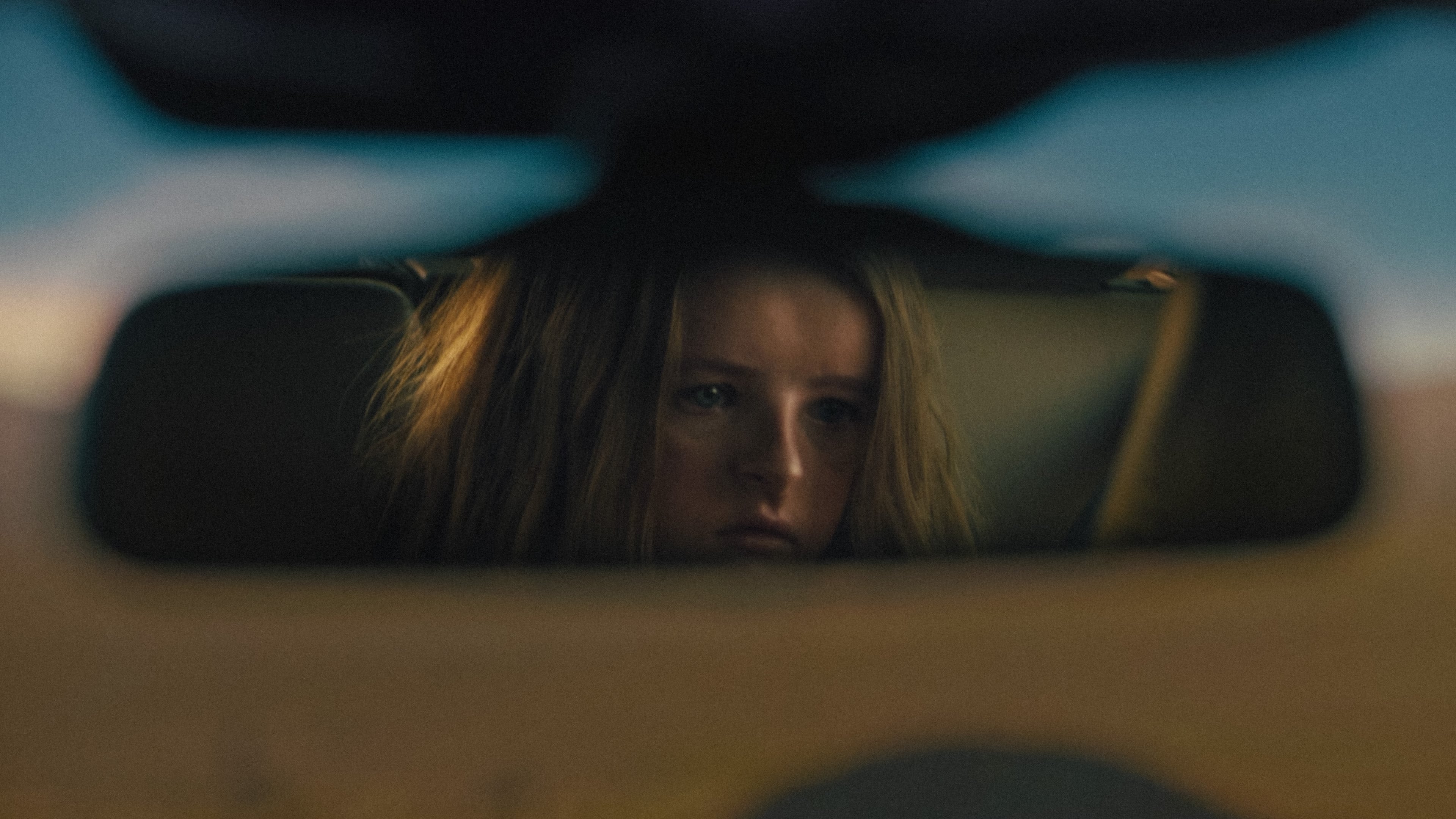

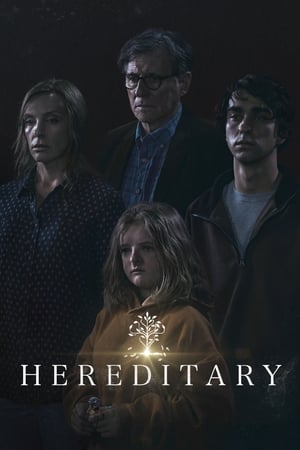


When it comes to cult classics, the horror genre has always had an overwhelming number of B-movies. Horror B-movies refer to the low-budget feature films as compared to major feature films. One might call them “low-grade” cinema as opposed to the more artistic endeavours, but I’d refrain from saying that. The horror B-movie is a source of unbridled entertainment and for the fans of spooky business, it’s the perfect way to round out Halloween night or any night in which they’re in the mood for horror. Usually characterized by a somewhat loose storyline, sometimes some quite silly characters, a little over-the-top acting and a bunch of practical effects, horror B-movies used to rule the world of horror during the ’70s and ’80s with franchises like Friday the 13, Slumber Party Massacre and Halloween.
But since the late '90s, with big-budget horror films like End of Days and Hollow Man, the focus has shifted from the horror B-movie. We now have major horror features like It and Midsommar and every year, there are almost ceremonial releases from the studio A24 which gave us The Witch and Hereditary. This year itself, Ti West's X and Jordan Peele’s Nope came out, which are far from being horror B-movies. But that being said, it’s only the focus that has shifted because we still have horror B-movies being made. If you enjoy the bizarre, less refined and entertaining world of the horror B-movies and want a break from the nuanced and poignant big-budget horror releases, I have a list of gore-fests from the last ten years to enjoy this October. Here are fifteen films for the fifteen days that remain till the auspicious date of Halloween!
The biggest subcategory of horror B-movies by percentage is the slasher film. Almost overdone violence and heavy reliance on practical effects as opposed to CGI characterize the slasher. And of course, the heavily criticized but also equally loved trope of the final girl is a slasher staple. Some of the most gruesome on-screen deaths have been courtesy of the slasher horror B-movie and I’m here to offer you some more horrible killings. If gore makes you queasy, you may consider skipping this segment.
While Mortals Sleep is a cerebral film and delivers succinct and shocking horror in the same vain as Hereditary while managing to establish and maintain an identity all its own. From the opening shot, we're shown that there will be otherworldly implications and writer/director Alex Fofonoff delivers. There is mystery and intrigue and the more we learn the more these traits are exemplified. But what is done better than anything else is the subversion of expectations. What we are originally led to believe is a home invasion by unwelcome guests after Susan (Carie Kawa) notices them while house sitting for some friends, and based solely on narrative tropes developed over time, this is exactly the route I was anticipating going down. But as these intruders are introduced, there is something beneath the surface that was very tangible, just not yet identifiable. The film then takes a completely unexpected turn for the grotesque as these once-thought intruders are revealed to have birthed 'God' and are nurturing the creature while recruiting disciples, all to the knowledge of Susan's friends.
Fans of horror films of the 70s and 80s will appreciate the decision to use practical effects and puppets to portray the creature which only adds to the unease and horror while still possessing that certain charm as the films of John Carpenter once had. Visually speaking, the film is also shot like a film from the golden age of horror, which is a decision I respect wildly and only adds more texture to the atmosphere that is lacking in many modern horror films. I was also thoroughly impressed with the performances from lead actors Carie Kawa, Will Brill, and Grace Morrison, with Kawa being the real standout in my opinion.
While Mortals Sleep is enthralling quick-fix horror that offers thrills and excitement with such a short runtime and left me truly impressed with all levels of filmmaking. Fans of horror are sure to enjoy the film alongside those looking for another palatable interpretation of an old-school narrative.
TW: Sexual Assault, Mental Illness, Body Horror // Minor Spoilers Below
Rose Glass’ directorial debut, Saint Maud, explores the term “god complex” to an extreme. The film follows Maud, a young nurse who has recently been “saved” by God (through Catholicism) and believes she has a bigger purpose for it. She tries to implement her “good-willed” faith on her new patient — a harsh and pessimistic former dance teacher, Amanda, who is dying of cancer. The film, while not always perfect with its semi-predictable ending and lack of true scares, is a strong freshman film and solidifies Glass as a rising star to watch. Her command of screen, story, and character is a marvel to behold — making me excited for what comes next. A fellow A24 film it heavily parallels is The Witch — (one of) the company's best horror films and even gives it a hidden similarity between the two worlds. Possibly even hinting at an A24 cinematic universe — who wouldn't love a series of interconnected movies about animal deities conspiring with young women? Though not shining as bright as the latter, which is in part due to misrepresented expectations of the film, Saint Maud is the perfect follow-up to watch if you enjoy unhinged women unraveling in supernatural ways.
The most fascinating part of the film is the fantastic performances. Both Morfydd Clark, who plays Maud, and Jennifer Ehle, who plays Amanda, make these roles spectacularly horrifying, giving the film its psychologically disturbing edge. Clark is great at giving Maud this well-rounded complexity that still remains cohesive to the character. There is a steady progression into Carrie White-like hysteria that is absolutely mesmerizing. She is able to teeter the line between devout and innocent so well, without Maud falling too unsympathetic in her god-like narcissism. It makes her character feel even more real, wanting so strongly to be pure and faithful that she wills herself into believing she can perform miracles. Ehle matches suit and brings the dynamic to the next level with her hot-and-cold manner, mixed with a subtle sarcasm that is easily doubted as a genuine interest in Maud — where the audience becomes just as confused as Maud if Amanda really likes her or not. Its ambiguity works well here, not concealing but emphasizing the confusing perspective that Maud is trying to work through. The other actor’s in the film complement this too, though not to the same degree. Everyone seems a lot more “normal” and uninspired, which is how Maud views them. They are not grandiose or multi-dimensional like Maud and Amanda. Instead, everyone else is simply neutral pawns in the game of good versus evil that is occurring — at least in Maud’s head.

Following the death of the Leigh family matriarch, Annie and her children uncover disturbing secrets about their heritage. Their daily lives are not only impacted, but they also become entangled in a chilling fate from which they cannot escape, driving them to the brink of madness.

Ari Aster
Director

Ari Aster
Director

Toni Collette
Annie Graham

Alex Wolff
Peter Graham
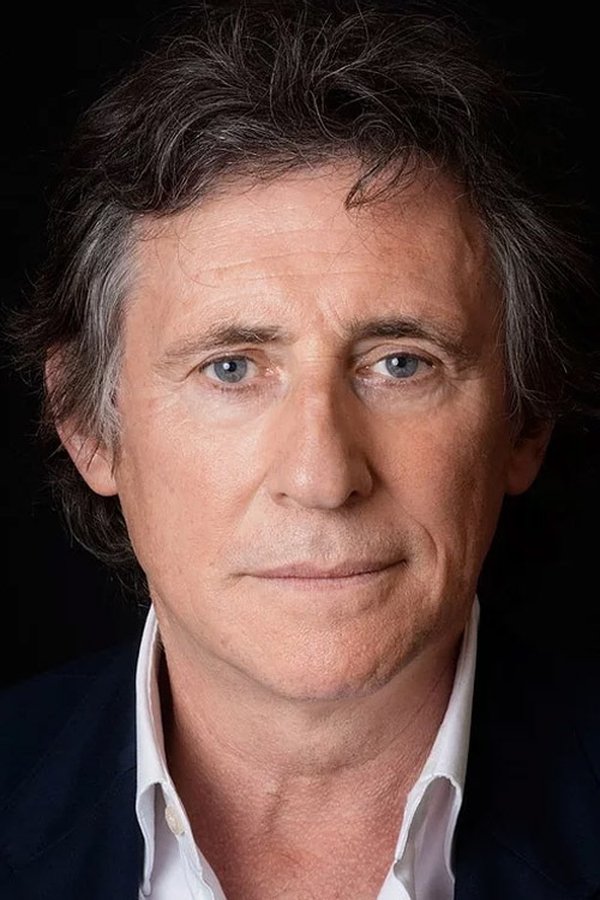
Gabriel Byrne
Steve Graham
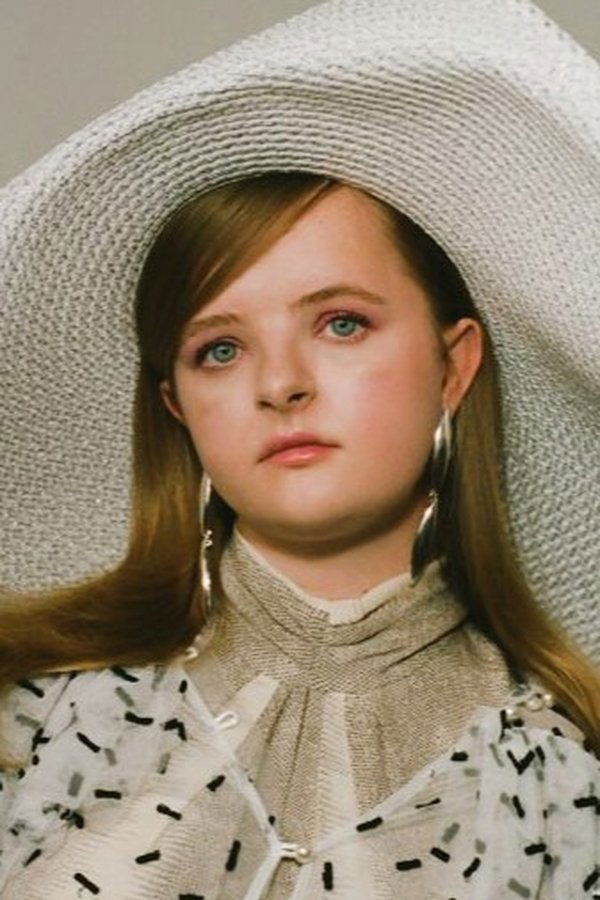
Milly Shapiro
Charlie Graham
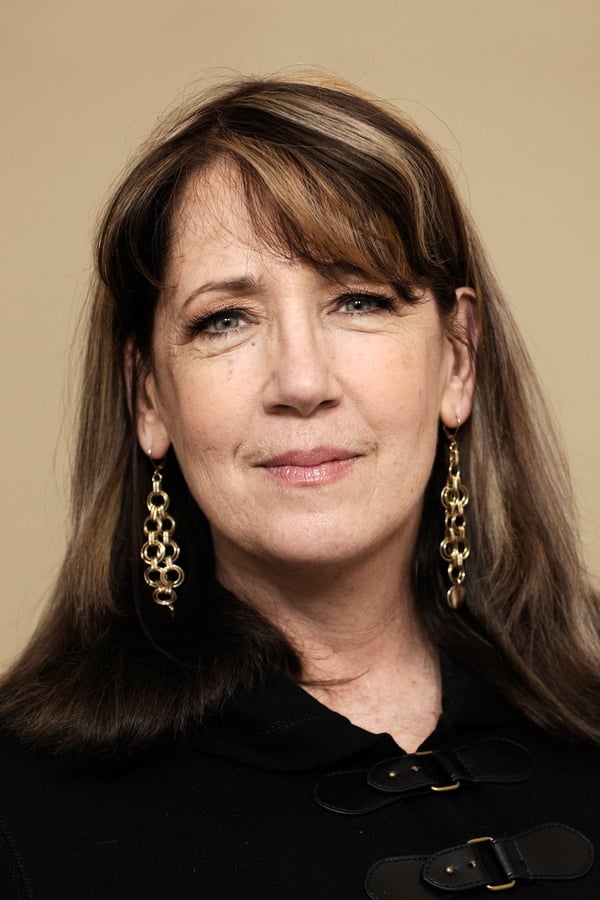
Ann Dowd
Joan
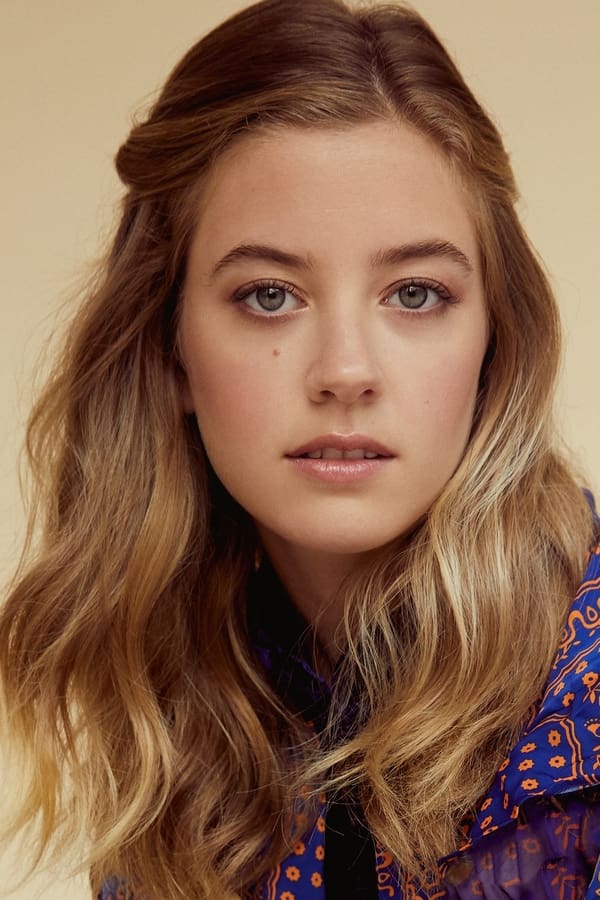
Mallory Bechtel
Bridget
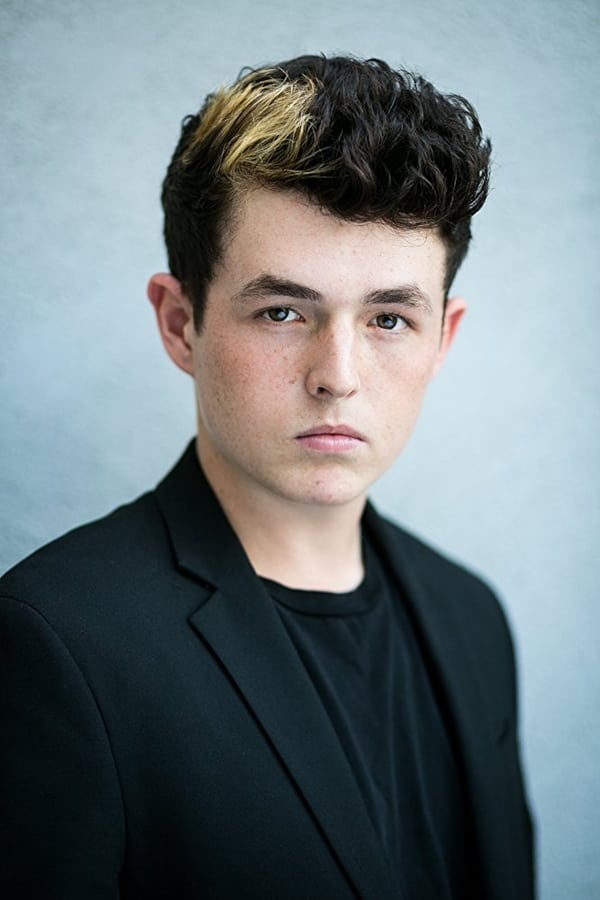
Brock McKinney
Aaron
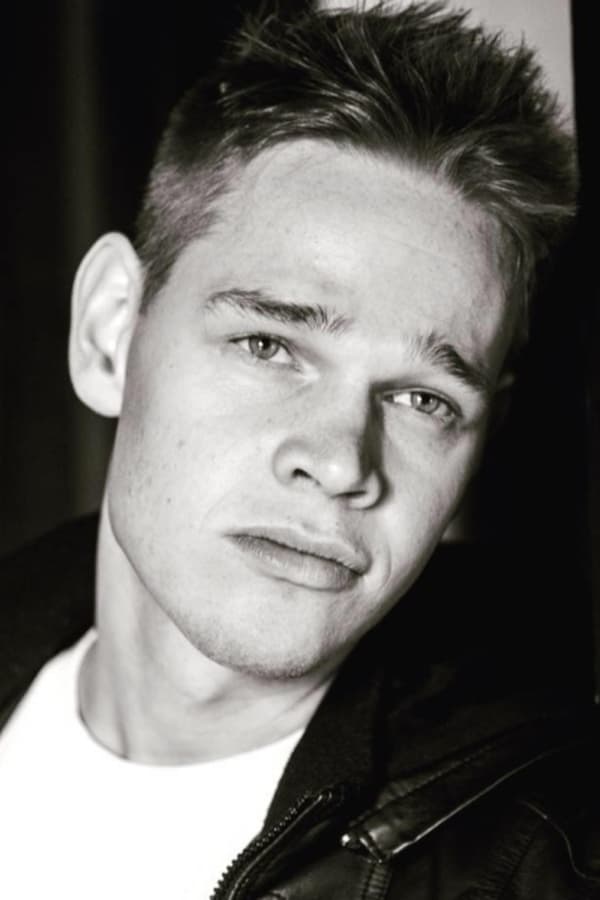
Jake Brown
Brendan

Morgan Lund
Mr. Davis
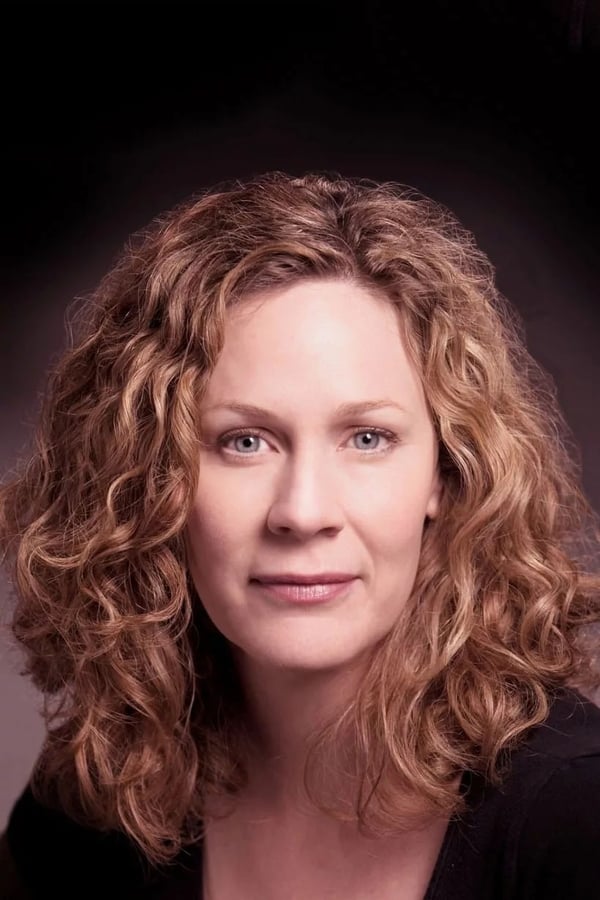
Christy Summerhays
Charlie's Teacher

Bus Riley
History Teacher
'Wolf Like Me' works if you want a show to shut off your brain while watching. If you think too much, you'll hurt yourself.
Steven Soderbergh’s Contagion is a fan-favorite, as are some of the more science fiction angled movies like 28 Days Later or World War Z. I recently watched the 1995 Wolfgang Peterson-directed movie, Outbreak for the first time, which is currently available on Netflix.



